| বাংলায় পড়ুন | Researchers and Reporters: Tanjil Fuad Isfaqul Kabir |
We all want to land the job we’ve always wanted. The interview is the second hurdle, and your resume is the first. In this sector, your resume is the most crucial item. Because the company decides whether to call you in for an interview in the first six to seven seconds after seeing your CV. You see now how crucial a CV is to landing a job. Therefore, we will learn how to make a professional CV today.
What is a CV?
Curriculum Vitae, or CV, is a Latin word by origin. The CV is an overview of a person’s life accomplishments. In today’s employment market, a CV is a brief resume, usually two pages. However, in the academic field, resumes are heavy and comprehensive. This occasionally amounts to 69 pages!
CV or resume?
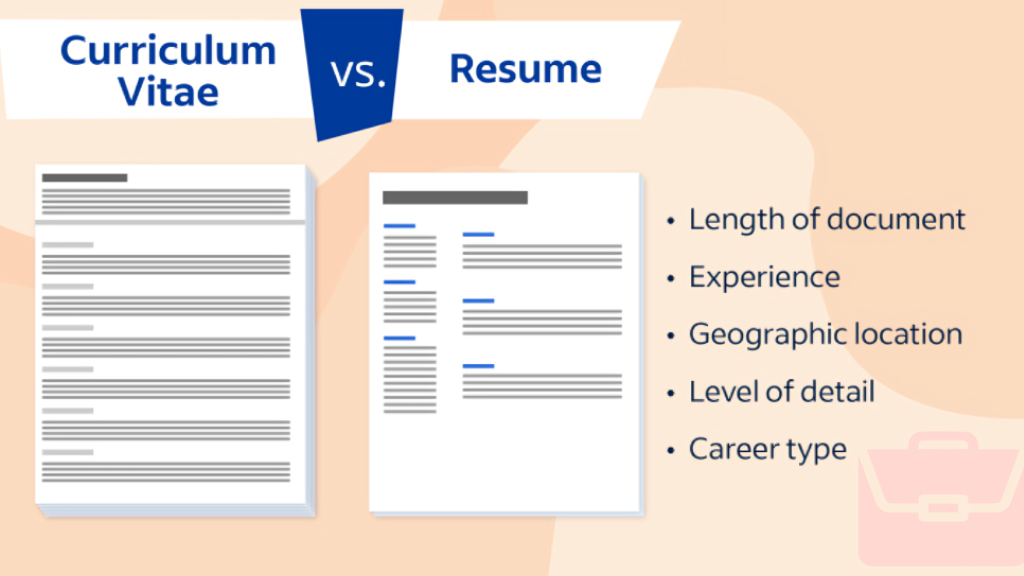
Simple and effective layout to write a CV for job applications. | Photo: Collected.
Which CV or resume should I send to the company? This issue affects us all frequently. The form is the only distinction between a resume and a CV.
A CV is a brief resume in the business sector. Resumes and CVs are more prevalent in academics in several nations.
Things to avoid on your resume
Instead of including too much material, a CV should be produced in the correct structure. Data ought to be inserted in between subsections and sections.
The header comes first, then contact information, and then the personal profile. In addition, picking the appropriate typeface, maintaining a proper layout, providing relevant information rather than extraneous details, etc.
Other than that, remember that,
Goal: Clearly state your aims and ambitions in this section of your resume.
Summarize your experience, if any, concerning the position for which you are applying at the organization.
Contact Details:
You must accurately enter your home address, LinkedIn account, email address, and mobile number. Remember, however, that the order must be accurate; do not include the cellphone number before the name.
Educational Background:
Why would they hire someone whose curriculum vitae is missing crucial information? Please include the exact name of the degree you have earned, along with the year and institution of your studies. But first, write a review of your most recent degree.
Give this part extra consideration if this is your first time applying for a job. In addition to education, you can include extracurricular pursuits, different fields, classes, or nightlife excursions.
Work Experience: A lot of people associate this section with all of their lifetime employment history by putting their prior work experience to use in the current company’s operations rather than listing relevant jobs or work experience on their resume. why your CV’s most crucial section is this one.
Ability/Skill: A CV should highlight abilities that are pertinent to the position being filled. Provide only those abilities that are necessary for the position for which you are seeking. Nothing cheap with a certificate should be mentioned online. It is crucial that you carefully study the job description for this reason.
Reference: Who are you going to cite as an authority? None of your father’s family members. A senior officer who has previously worked there or a professor from your university can serve as your reference. Naturally, though, it is preferable to have the person whose name you are using grant you permission. Never provide inaccurate information on your resume as this will lower your chances of being hired.
12 Numerous mistakes in CV writing that anyone can make:
- Not utilizing a current email address. Funny childhood jokes like “foodlover36@gmail.com” or “internethacker99@gmail.com” are frequently included on resumes. For the most part, we will not do this and will instead write our entire names in emails.
- Refrain from using subject lines such as “my cv, cv for this” in emails. Adhere to the company’s prescribed format for your resume when applying.
- When sending emails, make sure to use the proper English language. After verifying, proceed if you are unsure about any spelling. It will reflect poorly on you to have such an employer.
- Make sure you computerize your resume correctly. We frequently notice ourselves writing “MY CV” or “MY CURRENT CV” to save time, however this is not necessary at all. Employers will find it challenging to locate your resume among hundreds of resumes if you choose this kind of name. You can also utilize the “Name_CV.pdf” format in this situation.
- We sometimes send the resume and photo separately. In this instance, it is challenging for the company to locate your resume image on its own among the numerous resumes.
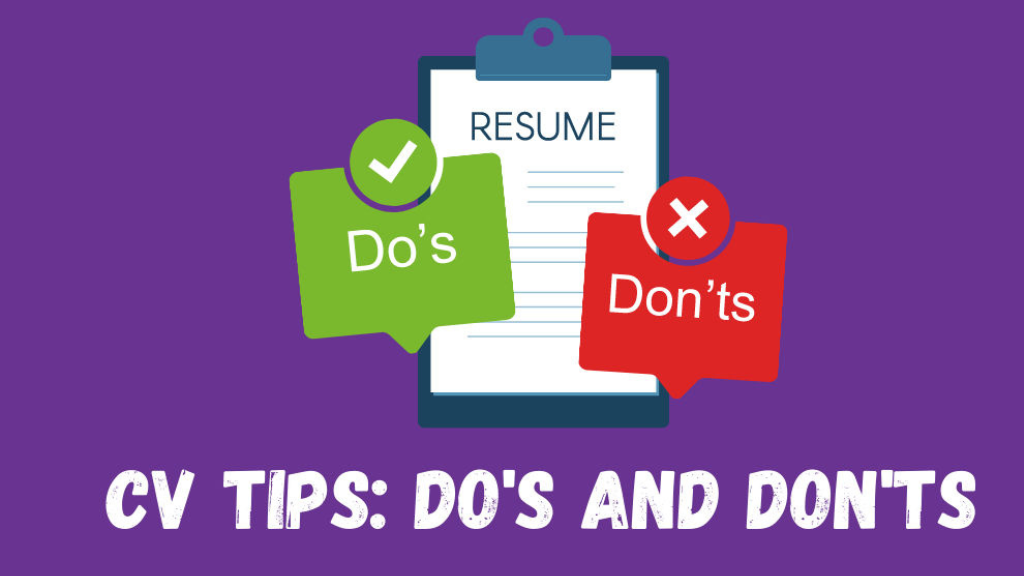
Clean template to write a CV. | Photo: Collected.
- Is the resume being sent in PDF format? A Microsoft Word CV can lead to several issues. For instance, your CV’s format can be jumbled if the typeface you choose isn’t on the employer’s computer. Thus, sending a CV in PDF format is preferable.
- Never, not even inadvertently, write the email’s topic in Bengali. since Google and Gmail do not seem to be taking this situation well. If so, there’s a chance that your email will be identified as spam or junk mail.
- Avoid submitting your CV with an empty email body. Fax your CV indicating the vacancy along with some background information on the company or individual you are submitting it to. He should make your cover letter and resume look professional.
- Enclose your resume and cover note. Not only a CV but also a cover letter is preferred by many employers. If you are a fresher, then state your level of interest in the position along with your qualifications for the stated position. Should be sent in PDF format, just like a resume.
- A formal typeface is preferable to an odd, squiggly font when drafting a resume. Use Times New Roman as your font for that.
- There are certain words that, when used in a CV, give the wrong impression. Say, for instance, “I am prepared to undertake any type of work.” Does this imply that you’re capable of working? Please provide experience relevant to the position you are applying for.
- Make sure your resume is free of errors. Don’t state “My work experience is more than two years” if you have only been in a position for two years and five months. Three years is not what you have experienced. Writing two years of experience is preferable in this situation.
Last but not least, there’s no use in continuously upgrading the CV. Otherwise, you wouldn’t apply for the position. Apply for the job you want, always. Your experience will grow as a result, and so will your employment prospects.

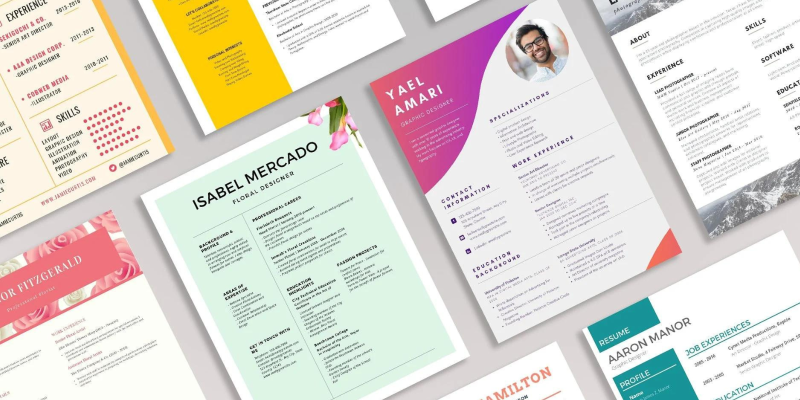













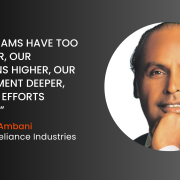





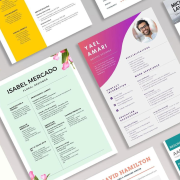
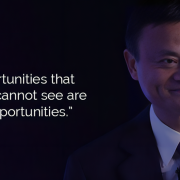


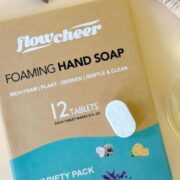



Comments